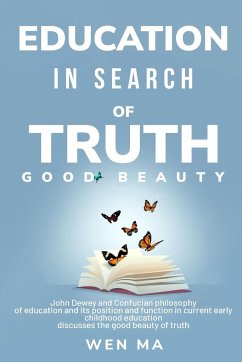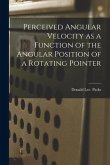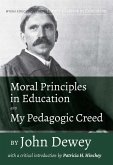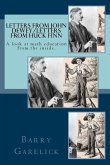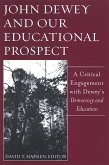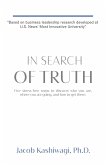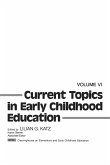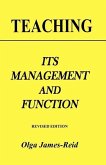The harmony and the unity among truth, good, and beauty is the ideal realm for human to hope for. The human being's highest life purpose in the present is to lead truthful, good, and beautiful life. Our humankind's preeminent educational aim is the exploration of and the search for truth, good, and beauty. Through comparing and discussing John Dewey and Confucius' educational philosophy as truth, good, and beauty, this dissertation has a significant meaning in advancing and innovating the contemporary early childhood educational theories. It is important to note that what I attribute to Confucius are the philosophical ideas and views of education commonly attributed to him, and considered "Confucian" by many Chinese. This includes not only the content of the pre-Qin texts favored by contemporary philosophers, the Analects, the Mencius, and the Xunzi, but also the five classics, Classic of poetry, Book of documents, Book of Rites, I Ching, Spring and Autumn Annals, which are traditionally accepted as Confucian canon. Most of this attribution may not be historically inaccurate or at least could not be proven, but as my objective is to develop a philosophy of education that will be useful for contemporary Chinese society, it is permissible to adopt an understanding of 'Confucius' philosophy of education shared by many ordinary Chinese instead of an (perhaps historically and textually more accurate) understanding propounded only by a few philosophers

